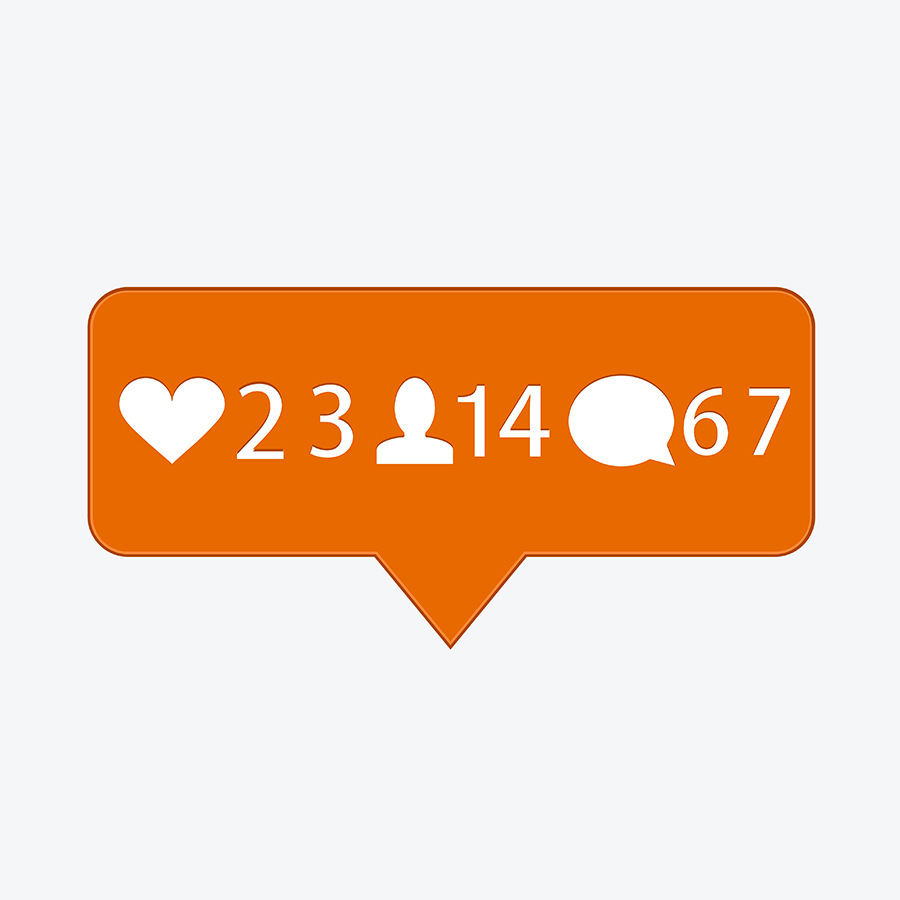Instagram Promotes #Healthy VS #Skinny

Social Media can sometimes feel like you’re staring into a sea of judging faces from a stage of self-mutilation, especially for people suffering from eating disorders, and a format like Instagram can seem like an endless gallery of body shaming and traumatic triggers with so many images and promotions perpetuating the misconception of the ‘perfect body’ onto the impressionable masses across the internet.
“Thinspiration” (thinspo) profiles decorated with pro-anorexia photos, fitness profiles boosting pages of content which suggest ‘better bodies’ and ‘dream diets’ pushing the idea of inferiority onto so many subscribers and models upon models can mold any mind into unhealthy habits.
Thankfully, there are those committed to fighting fire with #fire by endorsing healthier choices and giving users a digital deterrent from these depressing portraits.
#Insta-Ana
Far too many people use this tremendously prevalent photo sharing site to showcase extreme weight loss and unhealthy behaviors, and despite the site’s past efforts to curb these posts, eating disorder-related hash-tags (#) and posts seem to remain inescapable.
There are currently 3,291,304 posts tagged with #anorexic, and millions more tagged with other links supporting eating disorders such as:
- #ana (anorexia nervosa)
- #ednos (eating disorder not otherwise specified)
- #skinny
- #thin
After writing about and researching for this topic before, I decided to take a look at some of these hash-tags myself, and what I found was troublesome. I found other hashtags like:
- #StarvingForPerfection
- #StopEating
- #TooFatForAna
Through this I was, again, deeply troubled and surprisingly sensitive to these images; I can say it definitely doesn’t get any easier the second time researching these pictures. Again a collage of ‘selfies’ and quotes inspired by starvation, body shaming and excessive exercise were scattered in each category. Photos saying things like,
“Skip dinner and wake up thinner.”
There is a level of grief and a desperate desire for change that hits me when I read that. It breaks my heart in an inherent way to see a picture of shrunken ribs with the caption “water not cake.”
But thankfully what I also noticed were several posts that upon reading the captions or really examining the content, are actually stories of recovery from eating disorders, and anti-thinspo posts about support and awareness.
#Insta-Awareness
One thing definitely stood out to me when I visited these hashtags. Instagram has actually gone to some length to discourage traffic to these pages, since it has had so much trouble and resistance with banning them.
Encouraging sufferers to get help and doing its due diligence to raise some awareness, Instagram has made it so photos linked to most of these tags now come with a warning before being allowed to view them stating,
“Content Advisory. Please be advised: These posts may contain graphic content. For information and support with eating disorders please tap on learn more.”
The message gives the options to either continue on to the content, or to get more information which directs people to a help page with information and links to treatment options, taking a more pro-active stance against letting these posts go completely unregulated.
Like I pointed out earlier, many users are also turning to Instagram as a way to promote recovery from eating disorders. Increasing numbers of posts tagged with #bulimia or #anorexia are actually filling the links with photos and videos showing how a user has overcome the illness, and giving testimonies and treatment information as well.
Then there are accounts like Recovery.for.happiness and Recovering Healthy that include photos of healthy meals and encourage recovery with hashtags like:
- #HealthyNotSkinny
- #dontrestrict
- #foodnotfear
- #edwarrior
- #eatittobeatit
In these links there are pictures of people in the recovery process and their progression, along with healthy diet tips and photos of attractive foods and positive affirmations. This time the feeling that accompanies the photos is of warmth and a hope, and it appears that Instagram has dedicated some time to trying translating that same feeling to others who are still struggling.
Change for Life
According to the National Eating Disorders Association (NEDA) 30 million Americans will suffer from an eating disorder at some point in their life. Several experts believe this is a problem critically intensified by the continued popularity of social media sites like Facebook, Instagram, and Twitter where there is a demographic of individuals who focus on photographing and preaching pro-anorexia and pro-eating disorder messages, and their following is profound and distressing.
What is refreshing at this point is prominent social media entities are taking some responsibility for addressing the issue by acknowledging it and creating a network to support those who survive eating disorders, while fighting for those still suffering.
At the end of the day there is far more involved in eating disorders than pictures getting posted or tags getting likes, it is a story of a disheartening truth; that countless people are so conflicted with a life-threatening obsession that ravages their mental health and their body, fastening them into a disorderly perception.
Corruption of self-image and emotional expression can keep someone locked in unhealthy habits, and propagating that perverted perspective across the internet exploits the emotions of others. More sites and sponsorship should be driven to raising awareness and fighting eating disorders, and hopefully these tags will help get that picture across.
#NoFilter
Compulsive behavioral issues can be as lethal as drug addiction and alcoholism, and they can make those suffering just as isolated and helpless. But there are people out there committed to helping you recover, so you can see what a truly beautiful and amazing person you are. If you or someone you love is struggling with substance abuse or addiction, please call toll-free 1-800-777-9588
